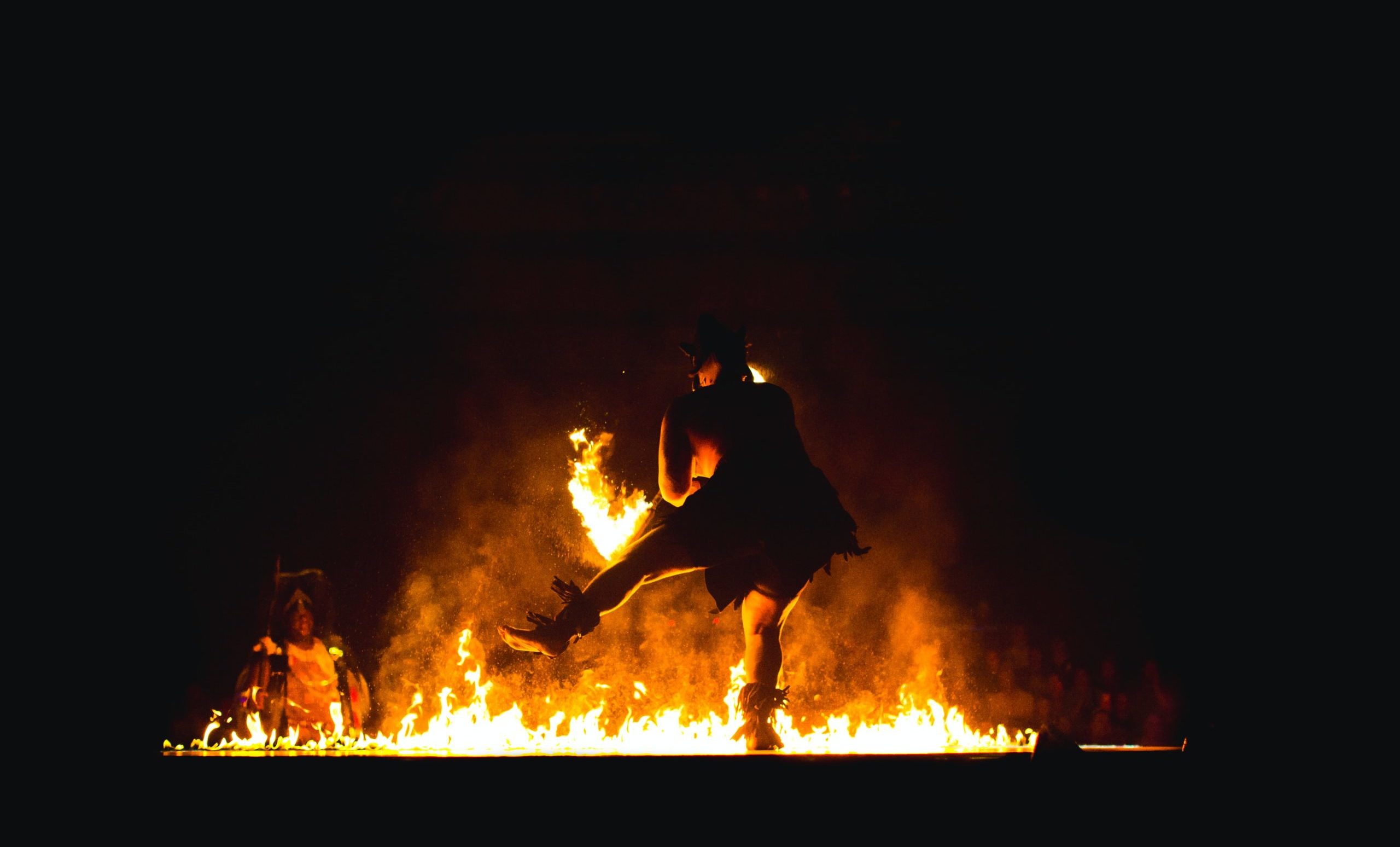This is a significant question raised by the Wiyi Yani U Thangani (Women’s Voices) Securing Our Rights, Securing Our Future Report (2020) in relation to First Nation’s women and girls and an important theme of the Report’s findings.
While health is a fundamental human right, and Australians enjoy one of the highest life expectancies in the world, ‘Aboriginal and Torres Strait Islander peoples do not share in this enjoyment’. (p.590).
With education a key factor in social, economic and political engagement, women and girls in this report expressed ‘frustration that there remains a perception that lower educational attainment for Aboriginal and Torres Strait Islander people is normal.’ (p. 592).

In Fratelli Tutti, Pope Francis calls for ‘… an acknowledgement of the worth of every human person, always and everywhere. If each individual is of such great worth, it must be stated clearly and firmly that ‘the mere fact that some people are born in places with fewer resources, or less development does not justify the fact that they are living with less dignity’. This is a basic principle of social life … n106.
Pope Francis’ words certainly challenge the inequality clearly evident in the Wiyi Yani U Thangani Report and ask us all to consider how such barriers to living healthy and engaged lives can be removed.
Let’s look at a few of the challenges raised in this section of the Report and hear the voices of First nation’s women and girls regarding their experiences in Australia today.
- a housing crisis and the pervasive impact that overcrowding, insecure housing and homelessness has on the health and wellbeing of themselves and their families.
There is a lack of housing both in our communities and in town, and we can be changing services and try to respond to need. But we are not going to get anywhere if people are still living, you know, with 20 people in a house. Fitzroy Crossing women (p.604)
- the absence of particular services in regional and remote areas, including dialysis, dental, allied health, maternity, psychologists and mental health practitioners.
Health services in remote areas like Tiwi are a crying shame. There is an assumption that if you choose to live remote that you have access to the Australian health services, but the reality is, we don’t have access. Darwin women (p.615)
- the direct impact of racism and discrimination on physical health and social and emotional wellbeing.
Racism and discrimination causes depression. It can affect your health for years. It disempowers you and others. Yarrabah women (p.607)
- over representation of Indigenous women in unemployment and underemployment statistics compared to non-Indigenous women and Indigenous men.
Everyday pressures for support, for money, for food. [We are] getting frustrated. We’re losing our values… Supporting not only immediate but extended family. Our health is getting affected. Physically, emotionally, socially, our health is getting affected. (p. 598)
- mental illnesses are widespread, largely undiagnosed and are significant factors in driving health inequality and reducing Aboriginal and Torres Strait Islander life expectancy.
There are too many deaths—from having no culturally appropriate support services available. For domestic violence, suicide, depression, mental illness and prison. (p. 656)
- Suicides and suicide attempts add to the trauma in already traumatised communities. In a perpetuating cycle of exposure to suicide, trauma and despair, alcohol can be seen as the only coping mechanism available…. The relentlessness of suicide and the constant grief of Sorry Business has become a normalised part of many Aboriginal and Torres Strait Islander communities.
This is just a snapshot of the issues raised in this report. Throughout the analysis however, there are calls from First nation’s women for change and suggestions for a way forward in partnership and respect.
Women and girls describe the importance of culturally responsive, community-controlled services staffed by Aboriginal and Torres Strait Islander people that respond holistically to the social and emotional health needs of Aboriginal and Torres Strait Islander communities. (p.591).
They call for the ‘education system to be responsive to Aboriginal and Torres Strait Islander people through culturally inclusive curriculums and programs, truth-telling and inclusive history, language, trauma-informed staff, Aboriginal and Torres Strait Islander support workers, academic support, and engagement programs. (p.591)
Many senior women spoke of the importance of Law and ceremony for maintaining the health and wellbeing of individuals and society. Western medical interventions cannot replicate the healing and protection that is offered through Law and ceremony. (p.606)
Women and girls who had access to healing centres spoke highly of their benefits including being: holistic; providing support for entire families instead of individuals alone; building community resilience; and having broad positive social, economic and health impacts. (p.700)
In the experiences of First Nation’s women and girls we can begin to see how Pope Francis’ call for social justice can be realised. We can commit to listening, to embracing culturally appropriate ways forward in health and education, to responding with compassion not judgement, to celebrating every success in building healthy and engaged families and communities.
Information used in this Mercy Moment is copyright to © Australian Human Rights Commission 2020.
Reflection
How can your ministry walk together with Indigenous Australians in building healthy and engaged individuals, families and communities?